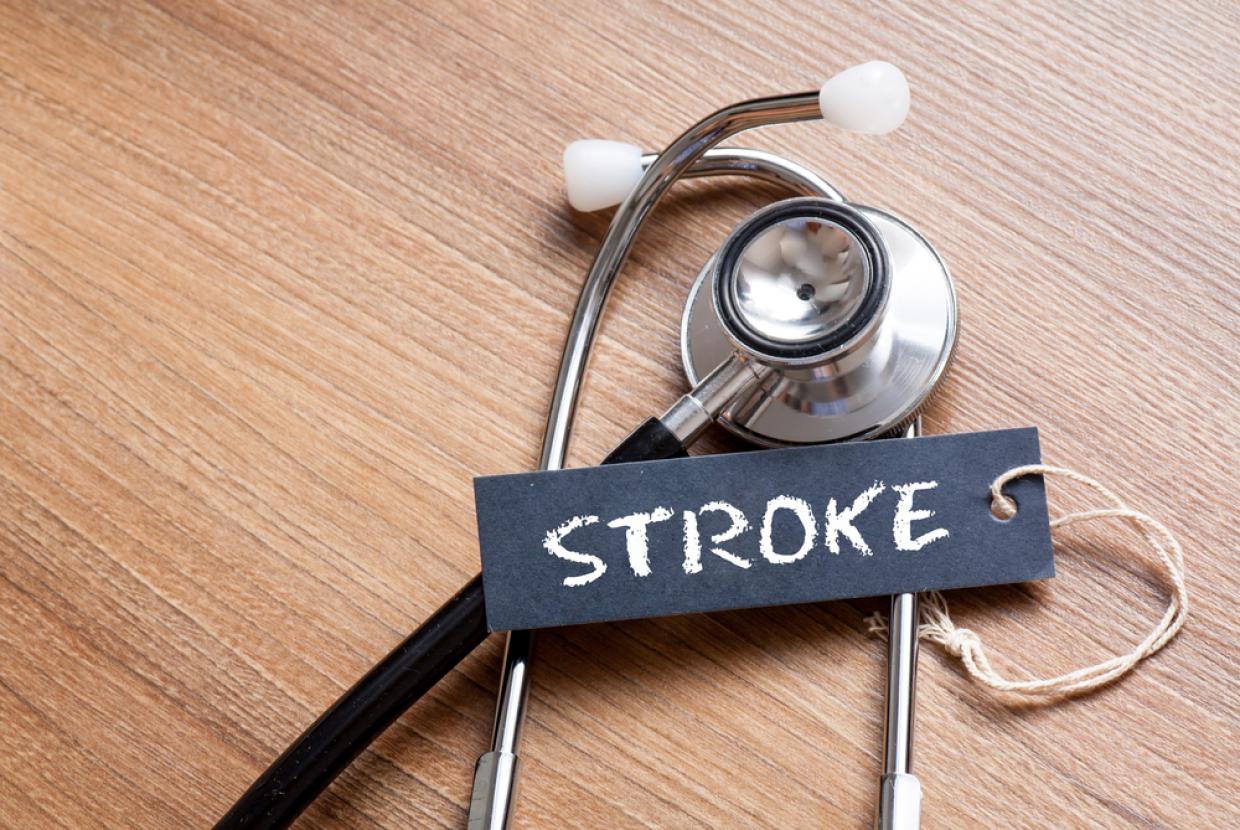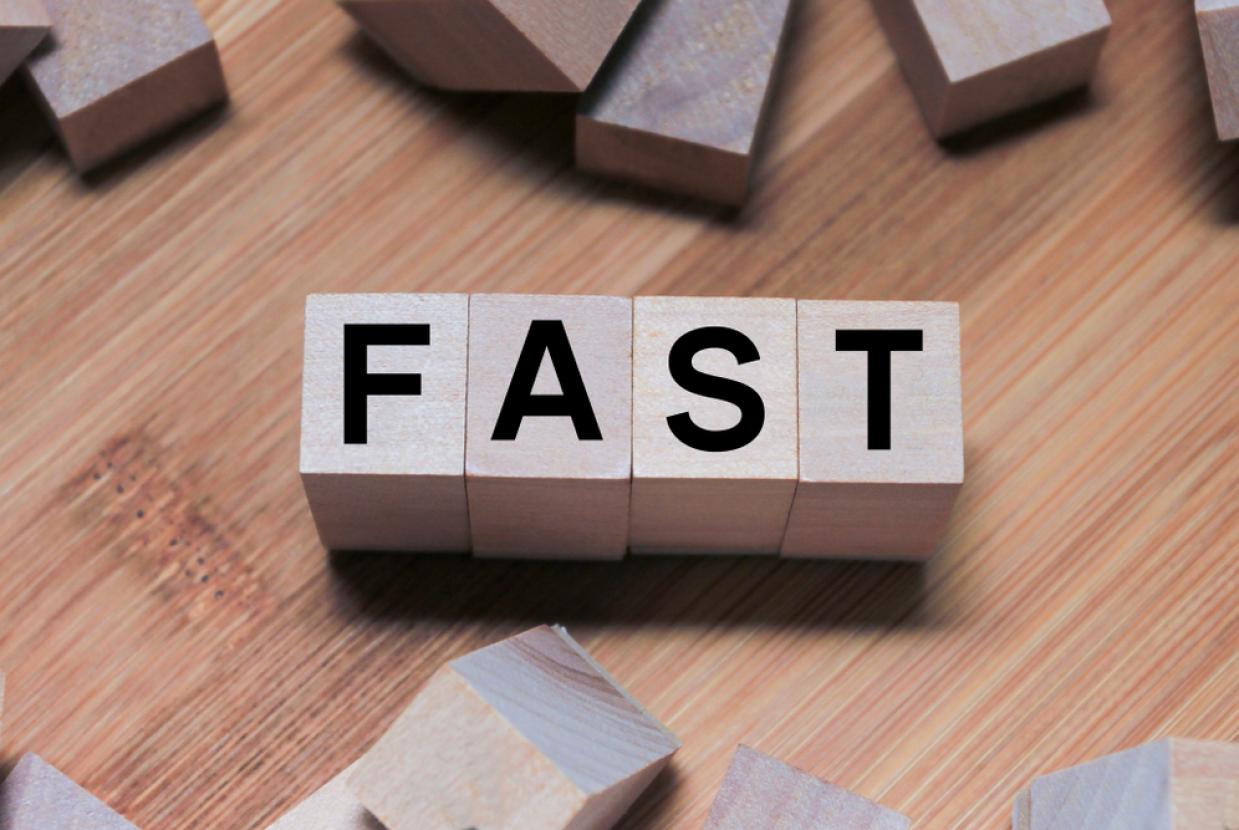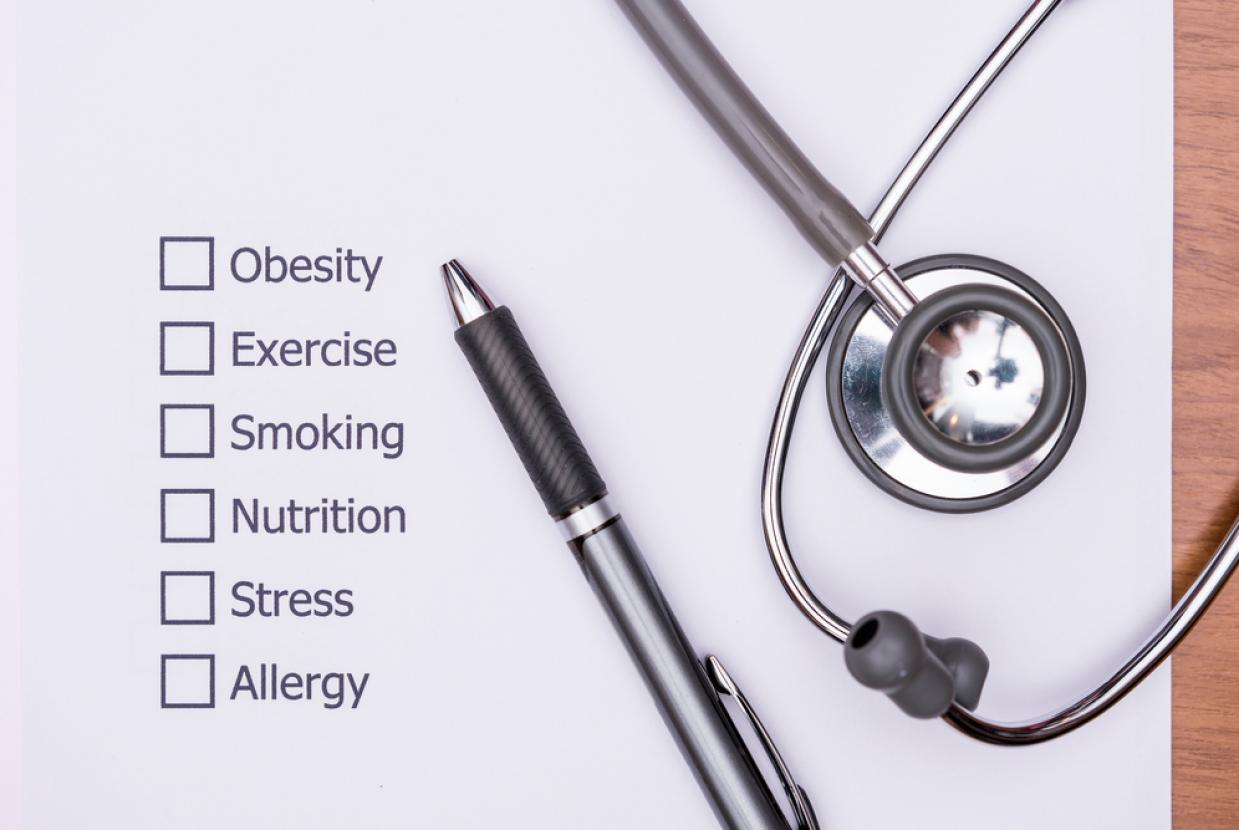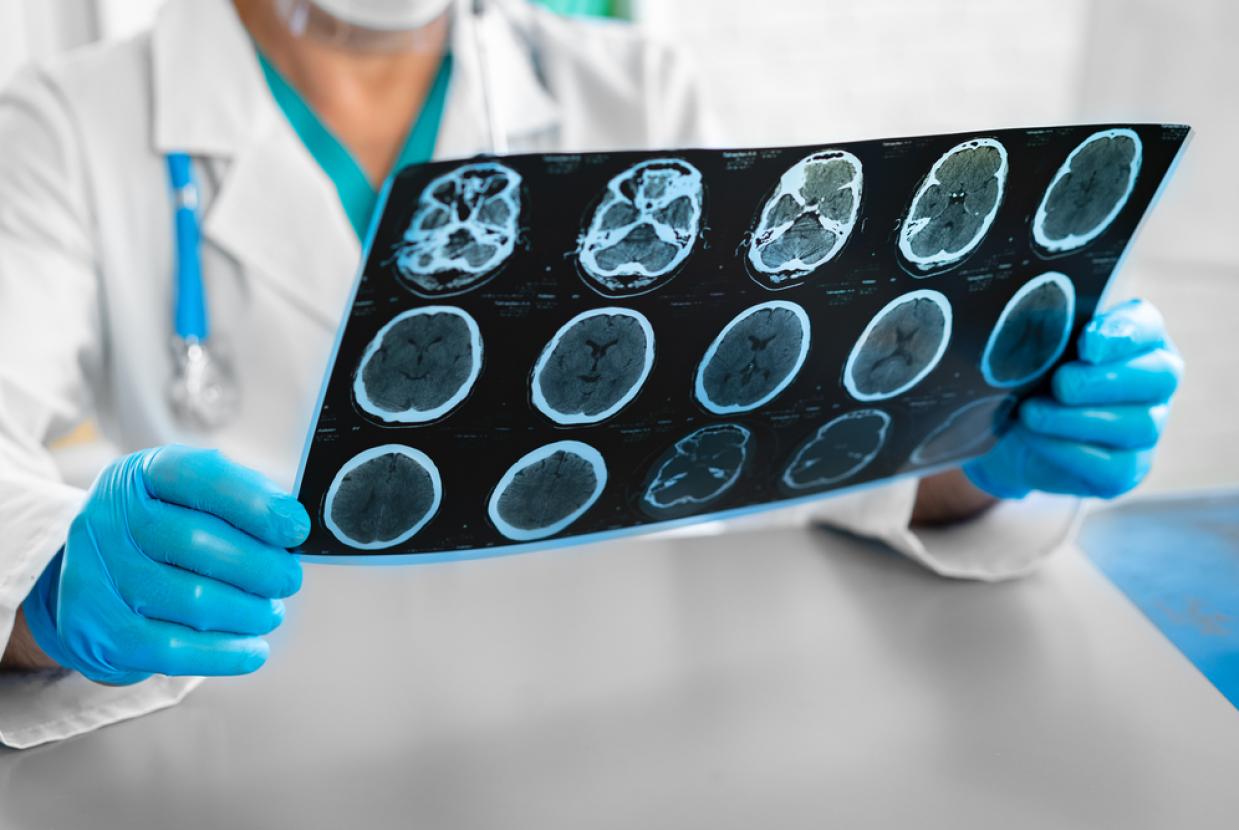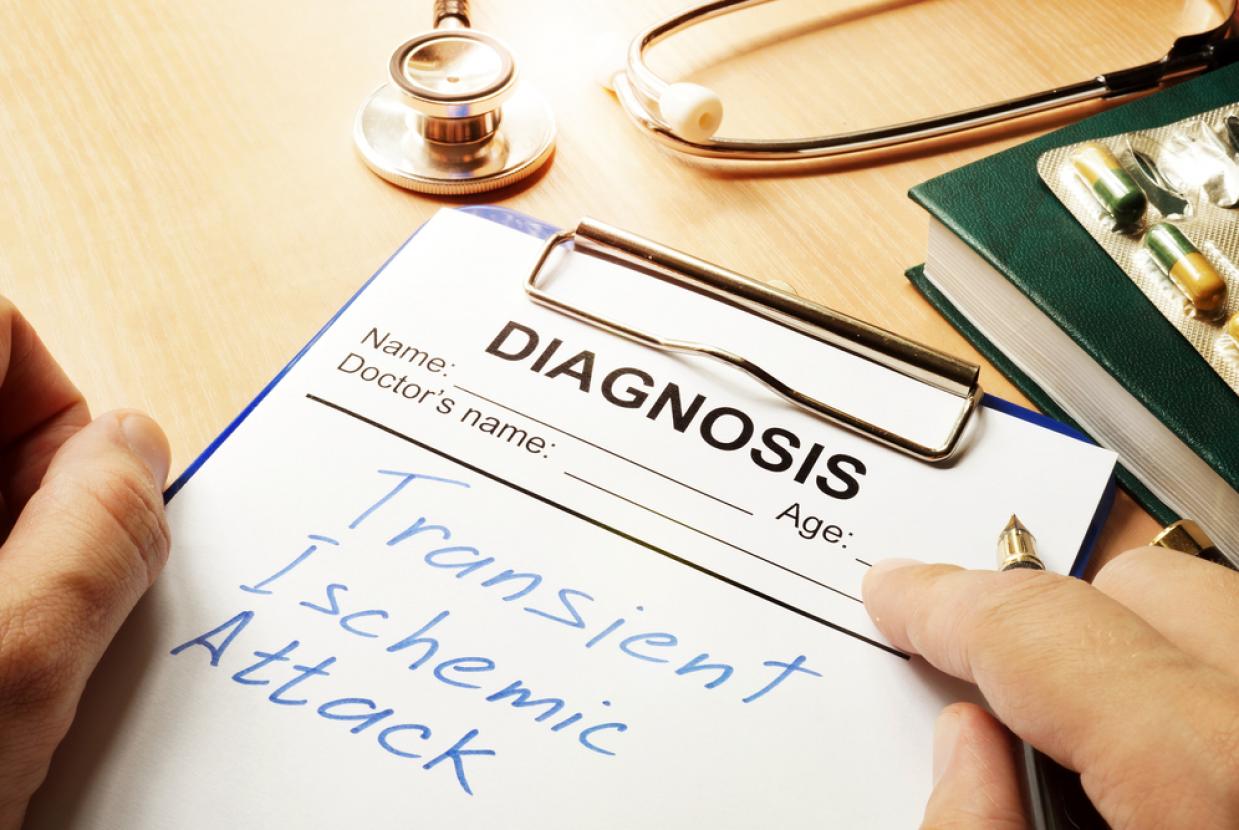Stroke Treatment
NHS
If you have a stroke, your treatment will depend on what type of stroke you've had.
In the first 24 hours after a stroke, your treatment may include:
- medicine to get rid of blood clots in the brain (thrombolysis)
- surgery to remove a blood clot (thrombectomy) or drain fluid from the brain
- a procedure to stop pressure building up inside the skull or brain
While you're in hospital, a healthcare team of doctors, specialists and therapists will help you start your recovery.
Medicines for a stroke
Treatments you may be given, often long term, include:
- anticoagulants to stop blood clots forming
- medicines to lower your blood pressure
- statins to lower your cholesterol






